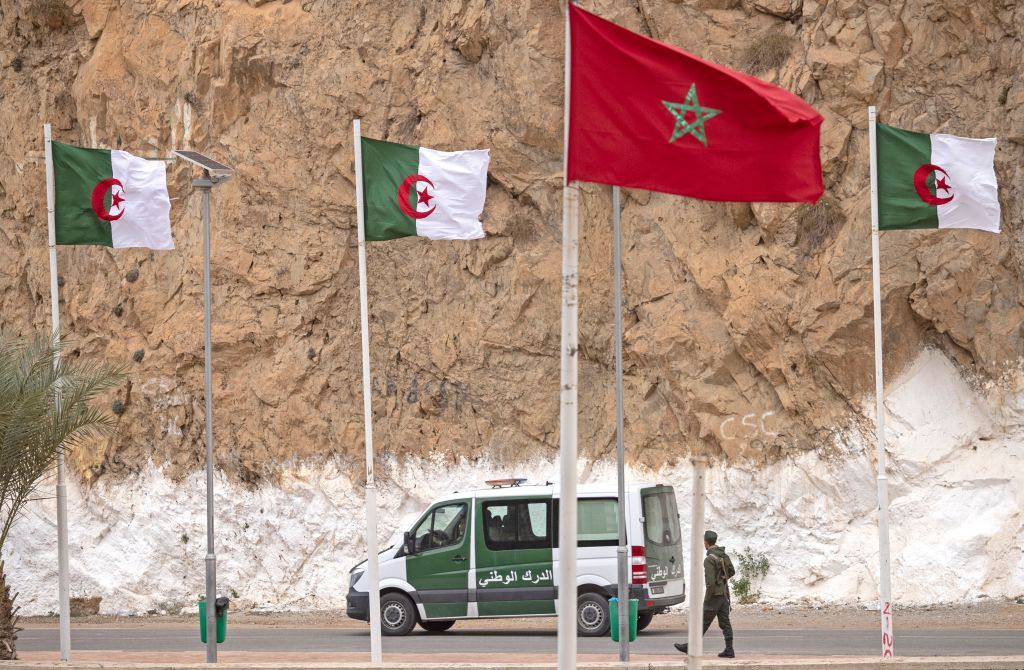
As cryptocurrencies increasingly shape the future of global finance, Morocco and Algeria are adopting sharply contrasting approaches to the rise of digital assets, revealing a growing policy divide in the Maghreb region.
Algeria has recently reaffirmed its hardline stance on cryptocurrencies, reinforcing a blanket ban on all activities related to digital currencies.
The new regulations prohibit the holding, trading, or use of any form of crypto-assets, continuing the country’s longstanding view that such assets are too volatile and opaque to fit within a stable financial framework.
In stark contrast, Morocco is opting for a more pragmatic route. Having initially banned cryptocurrency transactions in 2017, Rabat began shifting its position in 2024, initiating reforms to introduce a legal framework that focuses on regulation rather than outright prohibition.
Authorities argue that regulating the flow of digital currencies offers a better chance of mitigating risks like fraud, money laundering, and financial instability, while acknowledging the persistent use of crypto despite previous bans.
“Experience shows that a simple ban is not enough to curb the rise of virtual currencies,” noted Maghreb Emergent, a regional economic media outlet, which highlighted the limitations of Algeria’s strict approach. Despite government crackdowns, cryptocurrency transactions continue within the country via private networks and digital circumvention tools.
Morocco’s evolving strategy seeks to address these realities by creating a transparent environment for digital transactions. The government believes that clear rules could support innovation while preserving institutional oversight of financial flows.
These opposing models underscore a deeper philosophical divide. Algeria’s restrictions reflect a defensive posture aimed at insulating its economy from volatility. Morocco, by contrast, is positioning itself to accommodate technological advances while managing associated risks.
As both countries chart their paths in a rapidly evolving digital economy, their choices may serve as case studies for others in the region. In the race between prohibition and adaptation, time will determine which strategy proves more sustainable.



